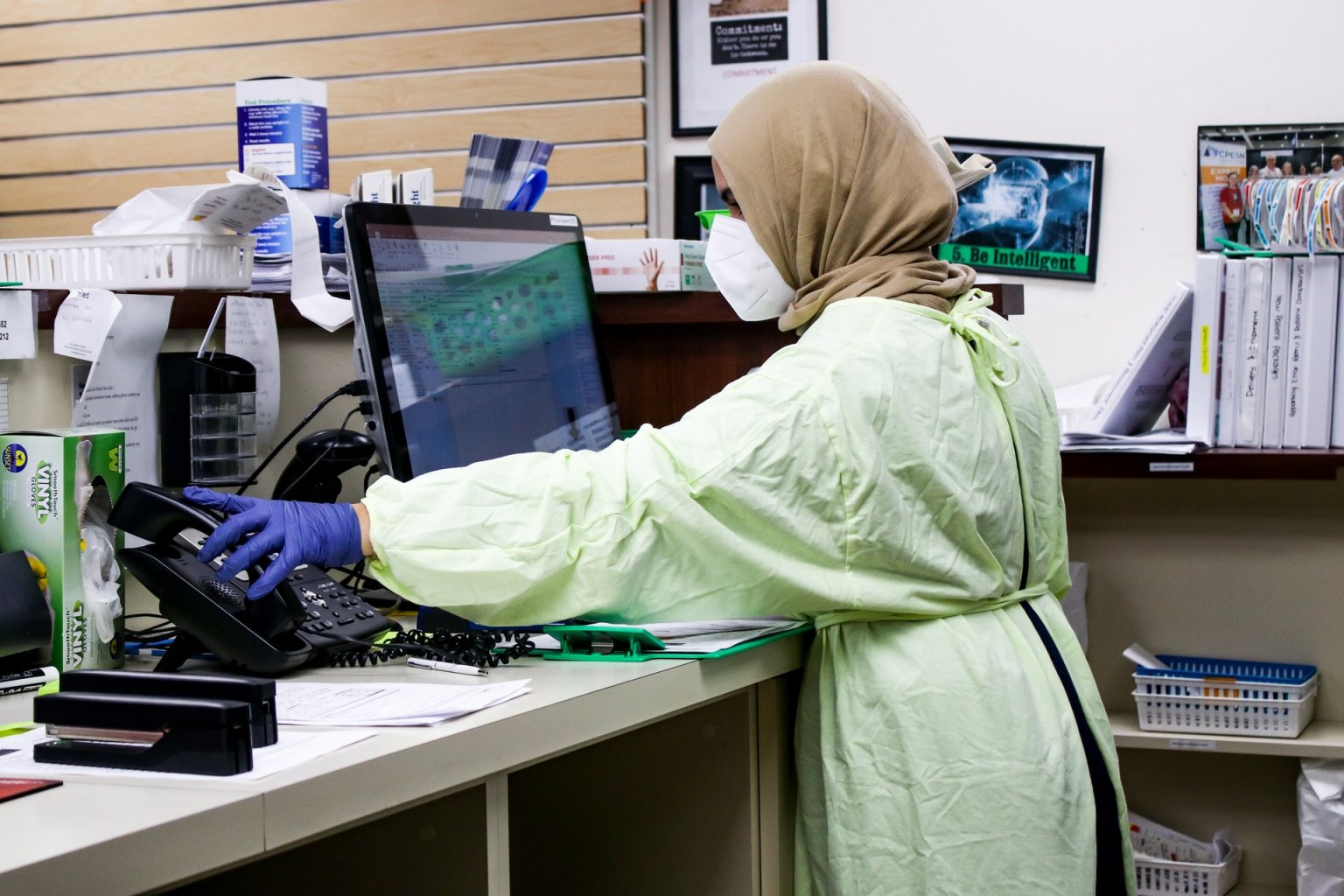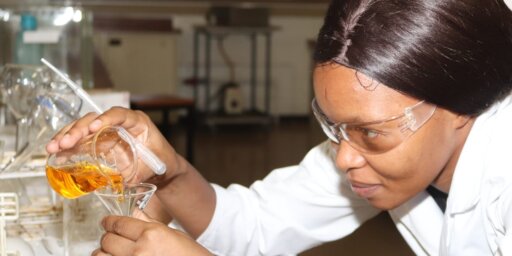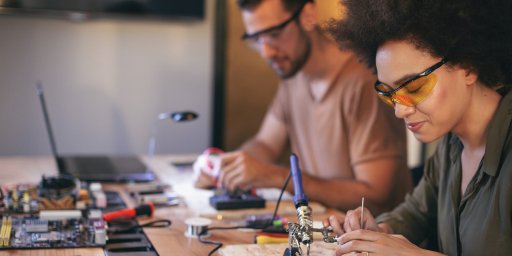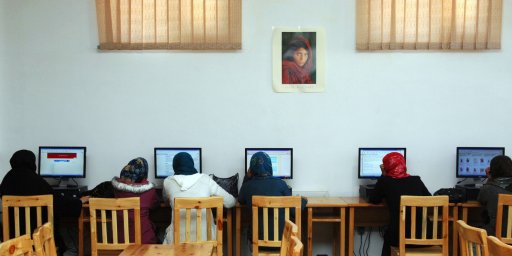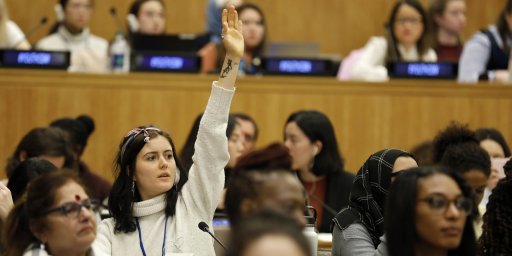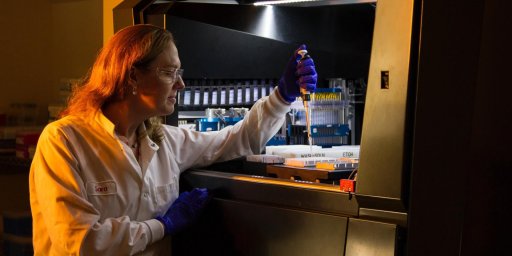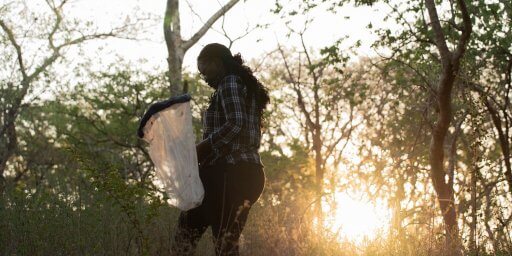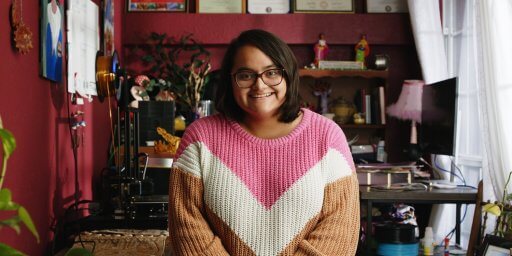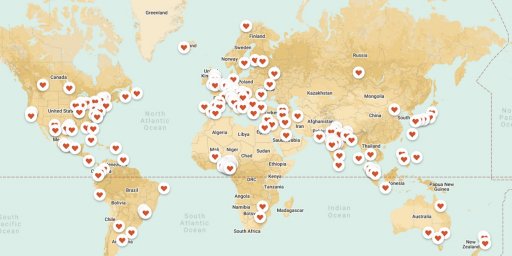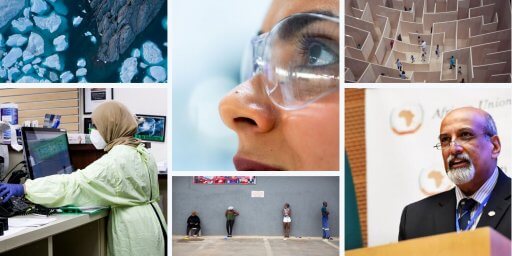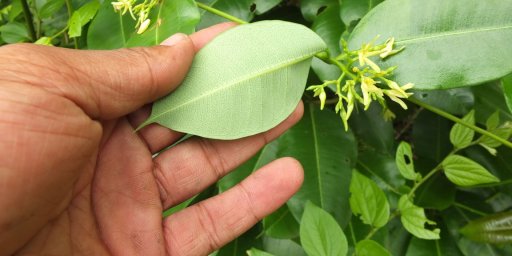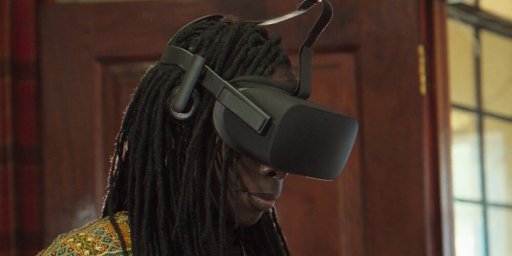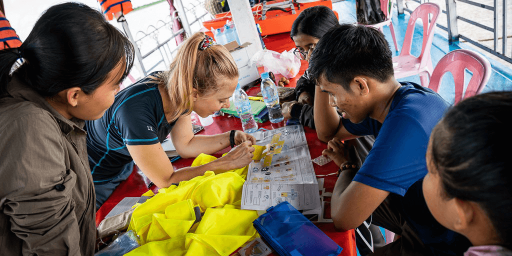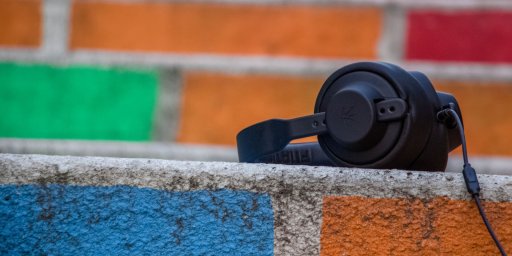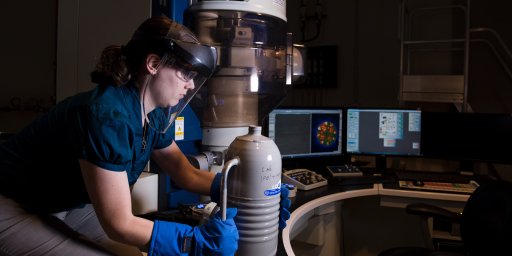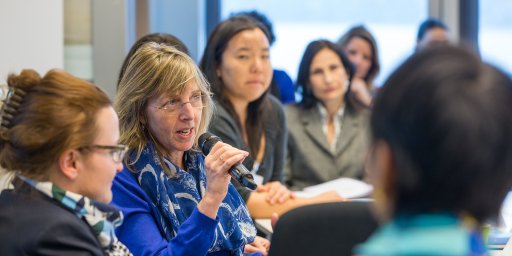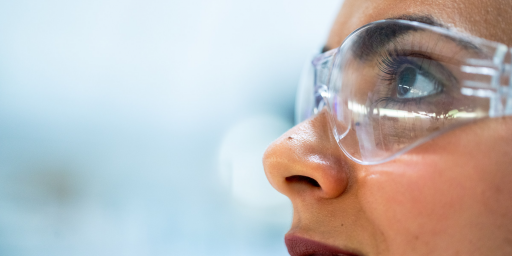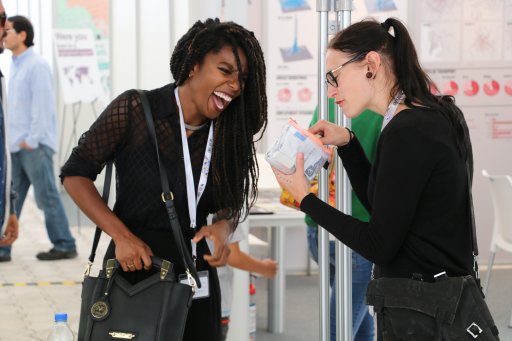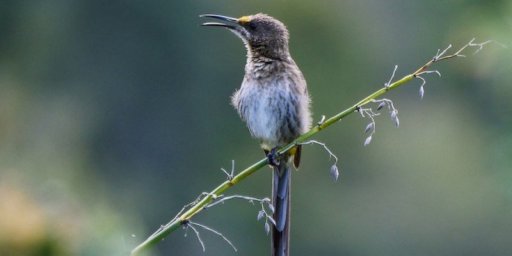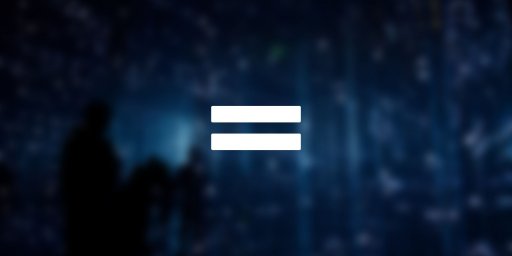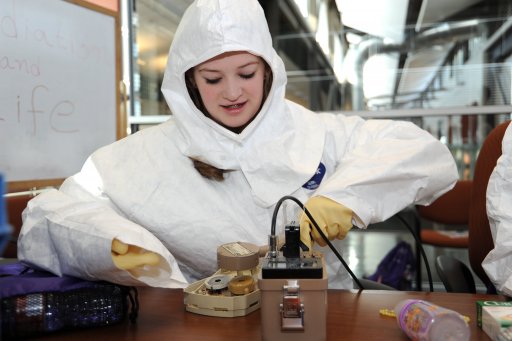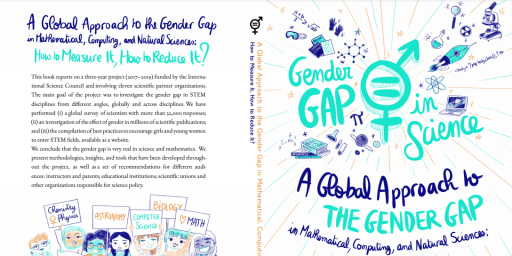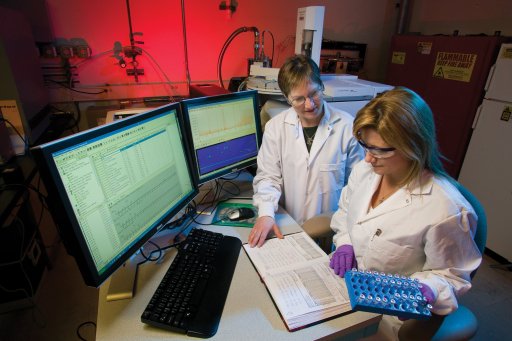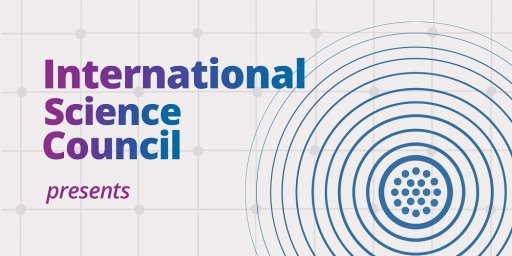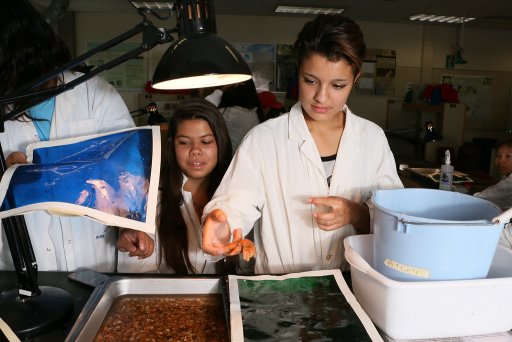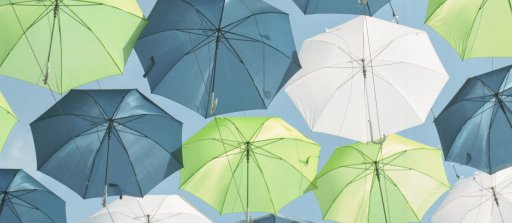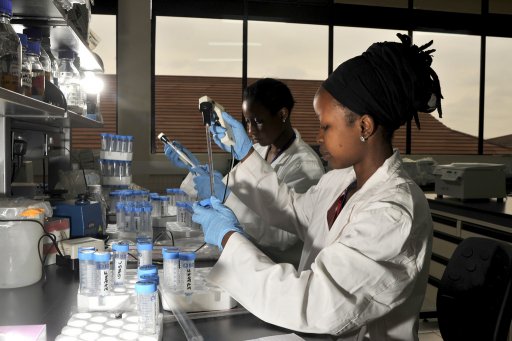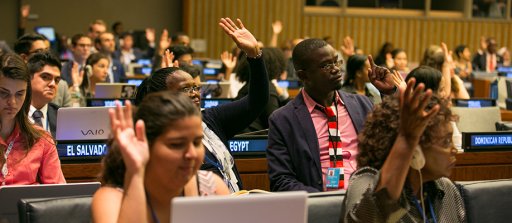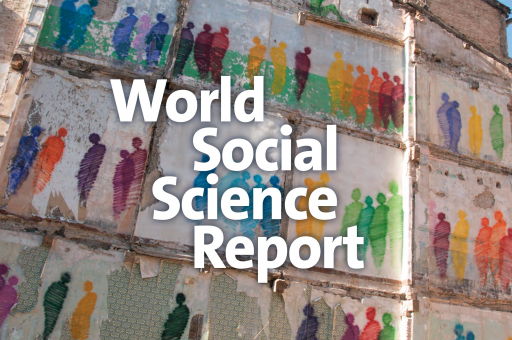Every year on 11 February, the scientific community celebrates the contributions of women and girls to science and innovation, and to breaking down persistent gender barriers. In 2021, just over a year since the novel coronavirus was declared a public health emergency, the International Day is a moment to celebrate the women scientists who have worked to advance knowledge on the virus and to combat the spread of COVID-19. It is also a moment to consider how the COVID pandemic has affected women scientists or girls considering careers in science, to raise awareness that the pandemic has exacerbated existing gender inequalities, and to take action to combat any negative effects for women scientists and for science in general over the longer term.
In late 2020, the Standing Committee for Gender Equality in Science, which was established following the ISC-funded project A Global Approach to the Gender Gap in Mathematical, Computing, and Natural Sciences, raised the alarm that women scientists had been particularly hard hit by the pandemic, especially those at an early stage of their careers. This is because women form the majority of caregivers for children and elders, and also because a greater proportion of women scientists than men scientists are in temporary or insecure employment, including in ‘adjunct’ posts in which they may only be paid when teaching courses.
“The Standing Committee for Gender Equality in Science (SCGES), which represents fifteen international scientific unions and associations, is calling for urgent measures to support these women’s work and careers.”
Catherine Jami, Chair of the The Standing Committee for Gender Equality in Science (SCGES)
The measures called for by the Committee include greater consideration that women scientists are more likely than men to have had to take time out from research and from publishing their findings during to the pandemic, which they argue must be taken into account in evaluation and hiring procedures.
“What the COVID pandemic has done is highlight the vulnerability of women who are trying to manage a work-life balance, while shouldering the bulk of the domestic and family responsibilities. We all need to be aware of this reality and must make a conscious effort to prevent women from being disadvantaged in the work force yet again. This demands a broad cultural shift in which we all become more inclusive and respectful, and work towards equality for all”.
Roseanne Diab, Director of GenderInSITE and Emeritus Professor in Environmental Sciences at the University of KwaZulu-Natal, South Africa.
The need to raise awaress of the way in which the pandemic has affected women’s careers is backed up by partners in the ISC’s ongoing project on gender equality in global science. And by evidence being gathered by ISC members such as the International Mathematical Union (IMU), whose Committee for Women in Mathematics is sharing contributions written by its members and ambassadors, and by other women in mathematics from different countries all over the world on what the COVID-19 crisis has meant for their lives.
At the same time, the pandemic has heightened interest in science, and it’s hoped that this might translate into more girls seeking to pursue scientific careers.
Marie-Françoise Roy, Chair of the IMU Committee for Women in Mathematics, noted that they were able to seize an opportunity to raise awareness of the brilliant contribution of Maryam Mirzakhani to mathematics.
“The COVID-19 crisis creates many problems, particularly for women, but also a few opportunities. Through an agreement with zalafilms, the May 12 initiative was able to organize in 2020 virtual free screenings of the film Secrets of the surface, the mathematical vision of Maryam Mirzakhani, with more than 20,000 participants in 131 countries.”
And at the height of the pandemic, the Global Young Academy’s Women in Science Working Group highlighted the importance of supporting each other and being a champion for women colleagues in difficult times.
Championing colleagues, and especially those who might find themselves in minorities, is a key theme for the ISC’s newly launched podcast series on the topic of diversity in science – look out for an episode soon on ‘better allies for better science’, including a perspective from the Royal Netherlands Academy of Arts and Sciences (KNAW) on promoting women in science academies.
Women scientists must be an integral part of the pandemic response, and contribute fully to the initiative to ‘build back better’. Responding to the COVID-19 pandemic has highlighted the importance of science and scientific literacy, more than ever before, and science needs to draw on all the possible talents in order to advance for post-pandemic recovery.
“I dream of and advocate for a post-pandemic scientific world that facilitates greater involvement by all genders in the production of science. A scientific world that considers gender in making decisions on how the scientific enterprise should be organised. And in this, to be cognisant that the gender gap in science cannot be achieved outside of reflections on how gender intersects with other societal variables i.e. it is not enough that we focus on only gender, we have to also focus on other aspects of diversity and inclusion as part of this broad quest for transformation post-pandemic.”
Dorothy Ngila, Chair: Organisation for Women in Science for the Developing World (OWSD) South Africa and member: Global Research Council Gender Working Group
This International Day of Women and Girls in Science, the ISC is calling on all its members and partners to join us in celebrating the contributions of women scientists to responding to the pandemic, and in continuing to champion women and girls in science for a more resilient future.
Photo by Jakayla Toney on Unsplash
